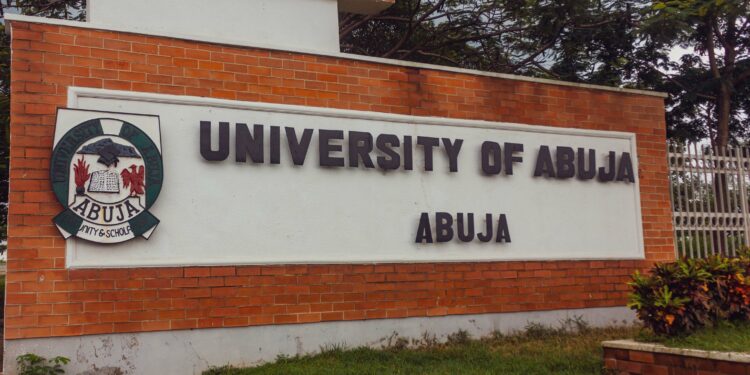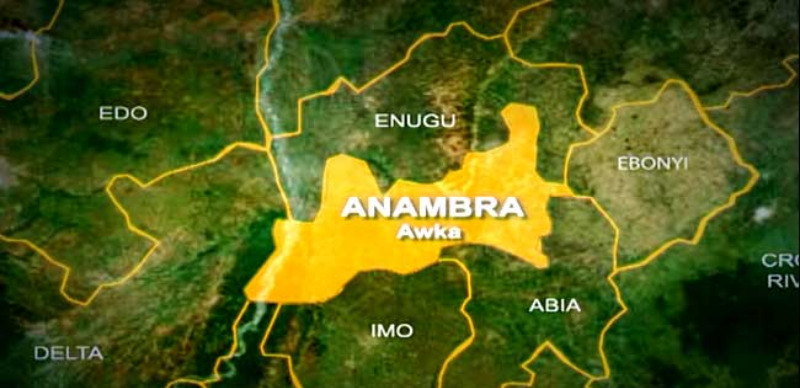The Community Court of Justice of the Economic Community of West African States has dismissed an application filed by the Federal Republic of Nigeria seeking a revision of a 2023 judgment that found the country liable for violating the rights of a U.S. national, Mr Gregory Todd.
In a ruling delivered in the case marked: ECW/CCJ/APP/56/21/REV, the ECOWAS Court held that Nigeria’s request lacked legal merit and failed to present any new facts, as required under Article 27 of the Court’s Protocol and Articles 92 and 93 of the Court’s Rules.
A statement from the court on Thursday said the Nigerian government had sought to overturn the court’s November 6, 2023, decision in Gregory Todd v Federal Republic of Nigeria (ECW/CCJ/JUD/41/23), in which the court held that the arbitrary seizure of Todd’s passport by the Economic and Financial Crimes Commission violated his right to freedom of movement.
Nigeria was ordered to pay $10,000 in damages to the claimant.
In its post-judgment application, Nigeria cited three legal grounds, including claims that the ECOWAS Court exceeded its jurisdiction by entertaining a foreign national’s human rights application, that it improperly assumed appellate jurisdiction over Nigerian courts, and that the matter had already been decided by a Federal High Court in Abuja—thus invoking the principle of res judicata.
However, the ECOWAS Court rejected the application, stating that Nigeria failed to bring forward any “new facts of a decisive nature” that were unknown during the initial proceedings, as required for a revision.
The court said the arguments raised were legal in nature and had already been addressed in the original judgment.
“The Court has jurisdiction to hear the matter under Article 27 of the Court’s Protocol (as amended), which grants the Court power to consider applications for revision of its judgments upon the discovery of new facts of a decisive nature.
“Nigeria’s application for revision was inadmissible, as the grounds outlined in the application did not constitute new facts within the meaning of Article 27 of the Court’s Protocol.
“Therefore, the Court held that the request for revision had no legal basis, was inadmissible under Article 27 of the Protocol of the Court (as amended) and constituted an abuse of the Court’s post-judgment procedures. The application for revision was thereby dismissed, ” the ruling partly read.
Declaring the request inadmissible, the court ruled that the application amounted to an abuse of its post-judgment procedures.
It reaffirmed the validity of the original ruling and ordered Nigeria to fully comply with its terms, including the payment of damages and legal costs incurred by Todd in responding to the revision request.




